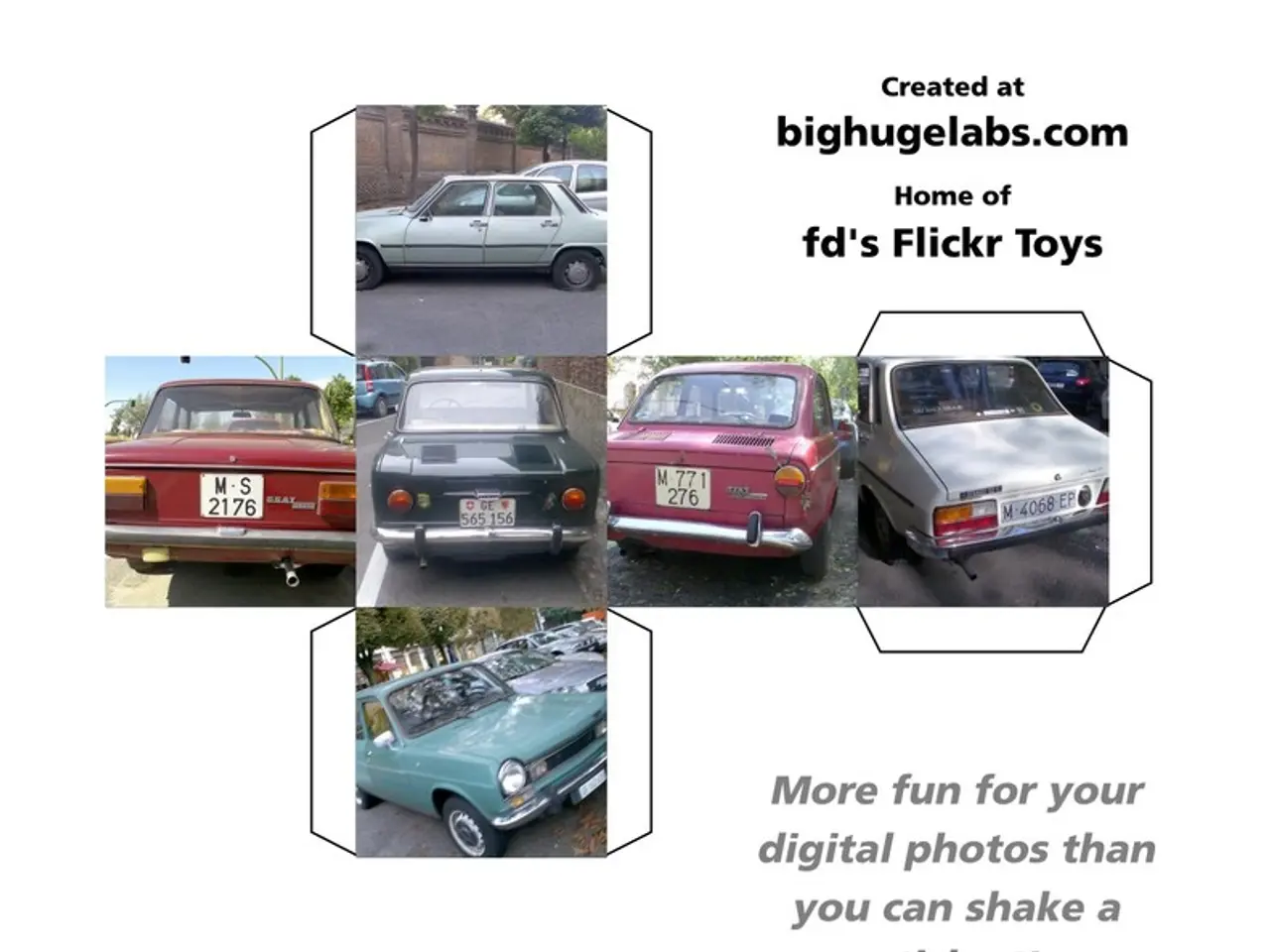micromobility discussions focusing on laws, regulations, and partnerships at the MOVE 2025 conference
The micromobility sector in the UK is poised for expansion, with a shared goal of becoming a mainstay in international culture. A recent survey by the Motability Foundation revealed that only 10% of disabled transport users in the UK have tried micromobility, despite 53% believing it could significantly improve their lives.
The industry's success hinges on collaboration and innovation. Each company's representative on a recent panel agreed that for micromobility to be successful, it needs to be reliable, affordable, safe, accessible, and inclusive for everyone.
One company leading the charge is Bolt, which has announced the introduction of e-bikes onto London streets starting this Summer. To combat issues like poorly parked e-bikes and e-scooters creating roadblocks, Bolt has invested in a new AI system for verifying parking. This system has already increased parking compliance from 60% to 95% in Brussels.
The new AI system by Bolt aims to lead to better conditions for e-bike users in London, providing riders with a better idea of parking capacity at their chosen end destination. This could help alleviate concerns about proximity to hazards or rendering vehicles unusable due to poor parking.
Advocacy for the micromobility industry extends beyond the UK. Advancements in accessible micromobility are being delivered in North America. Voi, a micromobility operator, collects 100 billion data points daily and argues that sharing this data between operators, government, boroughs, and local authorities could trigger a sea-change for the sector.
Sessions were held in Salford to allow disabled transport users to test e-bikes in a safe, controlled environment. This initiative has been effective in encouraging public utilization and broadening adoption. However, current legislation in the UK seems to prohibit innovation within the micromobility sector, preventing the approval of vehicles like seated e-scooters and three-wheeled bikes on roads.
Over 40% of disabled people in the UK feel that current vehicle types are inaccessible. To address this issue, the sector's expansion across the UK aims to find a common voice that speaks for itself, the government, and those who need it most. The goal is to create a micromobility industry that is truly inclusive and accessible to all.
The micromobility industry's success in the UK depends heavily on collaboration and innovation. By working together, the sector has a chance to become a mainstay in international culture, improving the lives of millions and paving the way for a more sustainable, accessible future.
Read also:
- Understanding Hemorrhagic Gastroenteritis: Key Facts
- Stopping Osteoporosis Treatment: Timeline Considerations
- Tobacco industry's suggested changes on a legislative modification are disregarded by health journalists
- Expanded Community Health Involvement by CK Birla Hospitals, Jaipur, Maintained Through Consistent Outreach Programs Across Rajasthan








